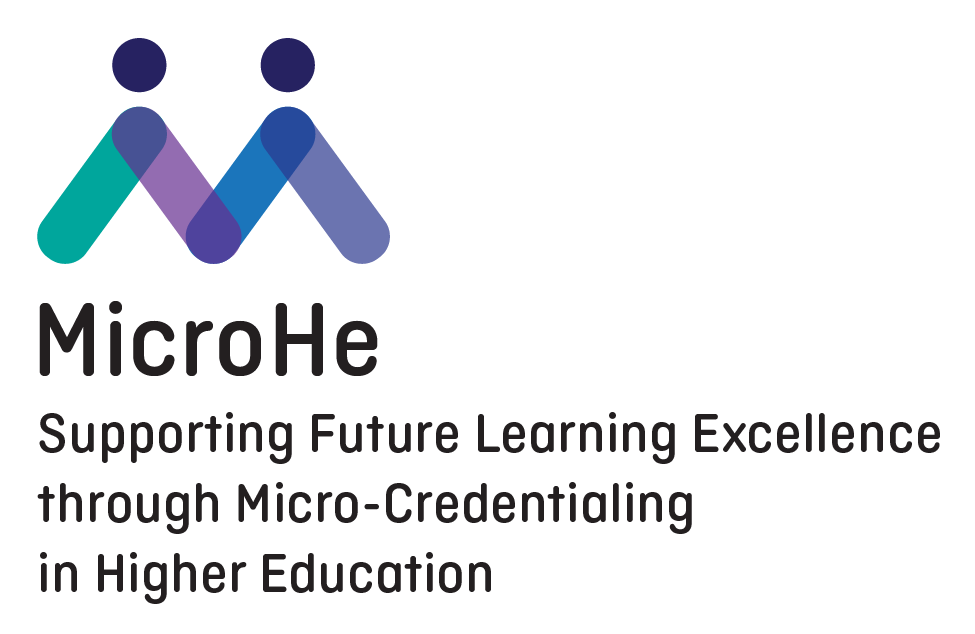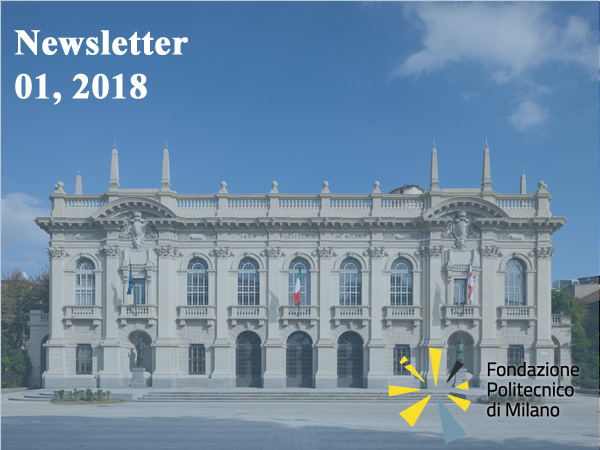MicroHE
Sostenere l’eccellenza nell’apprendimento
dicembre 2017
- novembre 2020


Cosa sanno gli studenti delle micro-credentials? C'è qualche università che offre brevi programmi di apprendimento e li accredita con crediti conformi ECTS moderni, digitali e accumulabili? I regulators dell'UE aspettano il 2025 per aggiornare i sistemi di accreditamento? Il settore aziendale è interessato alle micro-credentials?
Il progetto
Il ruolo della Fondazione
Fondazione Politecnico di Milano è partner del progetto
Dettagli tecnici
MicroHE intende produrre supporti analitici sull’impatto della modularizzazione, della disaggregazione e delle micro-credentials nell’istruzione superiore a livello europeo, attraverso:
– una ricognizione sullo stato dell’arte ad oggi rispetto all’utilizzo delle micro-credentials nell’ambito dell’istruzione superiore a livello europeo;
– prevedere gli impatti della continua modularizzazione dell’istruzione superiore mediante tecniche di scansione;
– esaminare l’adeguatezza degli strumenti di riconoscimento europei per le micro-credentials, in particolare l’ECTS, il diploma supplement e il quadro delle qualifiche;
– proporre un credit supplement per fornire informazioni dettagliate sulle micro credenziali in modo compatibile con l’ECTS, il diploma supplement e il quadro delle qualifiche;
– proporre uno standard di metadati e sviluppare una clearinghouse online per facilitare il riconoscimento, il trasferimento e la portabilità delle micro-credentials in Europa.
Primi risultati
MicroHE ha organizzato il primo sondaggio europeo sulle micro-credentials nell’istruzione superiore, esaminando 70 istituzioni, con l’obiettivo di comprendere l’attuale livello di offerta, i tipi di micro-credentials i e le tendenze future nella loro fornitura. Ha anche organizzato una masterclass su sulle micro-credentials, per approfondire le indagini sul loro potenziale, in particolare attraverso l’uso della metodologia DELPHI.
Finanziatori





